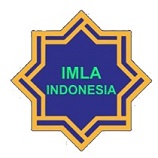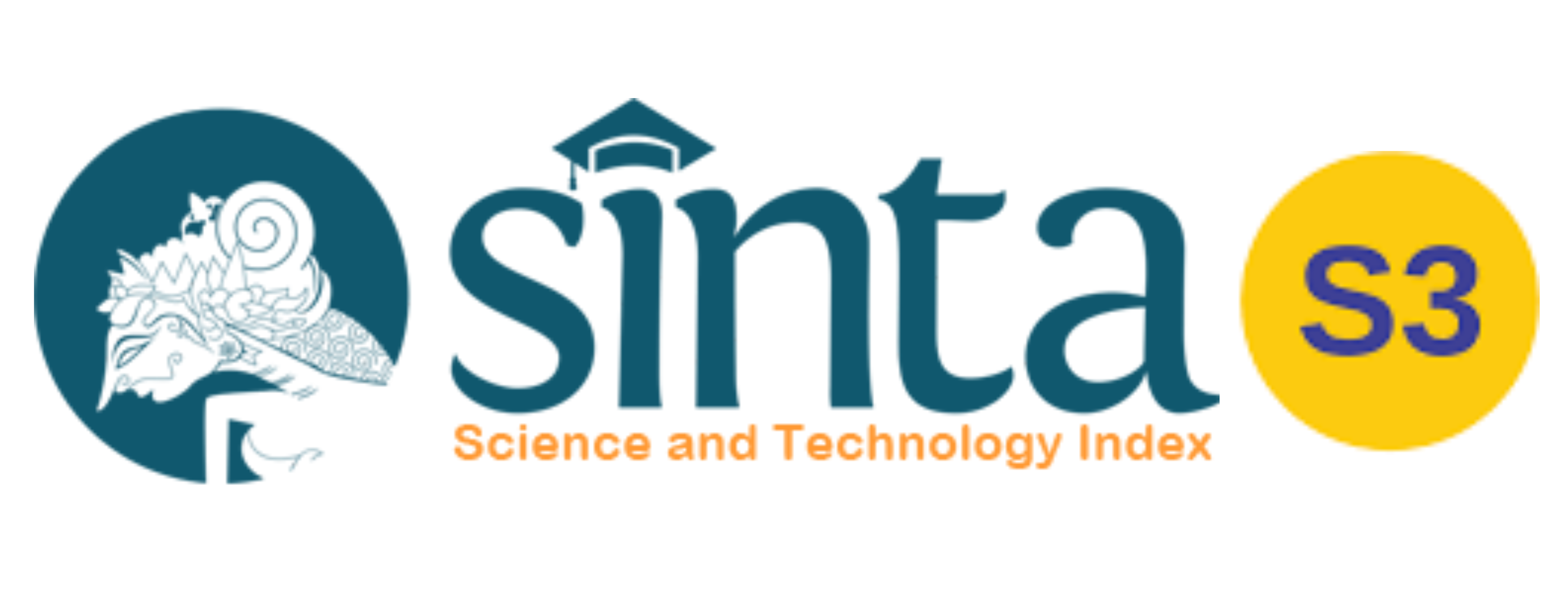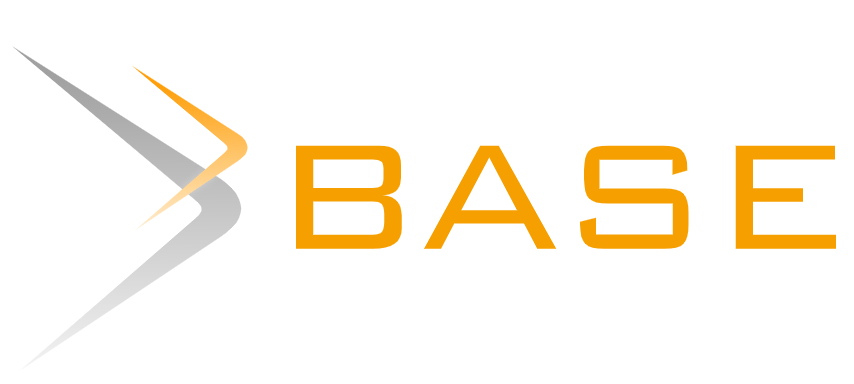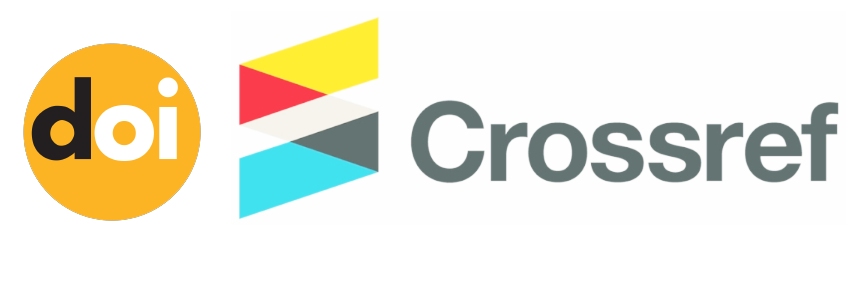TRANSFORMATION OF THE ROLES OF SAUDI ARABIAN WOMEN POST-IMPLEMENTATION OF THE "SAUDI VISION 2030" IN THE PERSPECTIVE OF MODERNISM
Abstract
The modernization of Saudi Arabia, manifested in the Arab Vision 2030 policy, has implications for various sectors of life, including the perceived modern transformation of Saudi women. Among the research on Arab Vision 2030, this article specifically focuses on elaborating the forms of transformation of Saudi women in various fields. This research uses a qualitative descriptive method that focuses on exploring literature related to women's activities and roles in the public domain after the implementation of Arab Vision 2030 and analyzing them from a modernist perspective. The results show that Arab Vision 2030 significantly impacts women's activities and roles in the public domain, especially in the socio-cultural field. This includes women's freedom to engage in public spaces, even without the presence of a legitimate companion (mahram), and without wearing a niqab or burqa. Women are also granted freedom in the fields of education, such as unrestricted choice of study programs and politics, including the permission to become politicians and hold ministerial positions, and in the economic field, with the freedom to choose careers and become corporate leaders.
Keywords
Full Text:
PDF (Bahasa Indonesia)References
Abdullah, Z., Al-Amin, S., & Tangerang, K. (2021). Peran Perempuan Dalam Dunia Pendidikan Perspektif Hamka. Stitalamin.Ac.Id, 4(01), 2021. http://stitalamin.ac.id/jurnal/index.php/alamin/article/view/87
Alhussein, E. (2014). Triangle of change: The situation of women in Saudi Arabia. The Norweigan Peacebuilding Resource Centre, July, 1–4.
Alwedinani, J. A. (2016). Gender and Subject Choice in Higher Education in Saudi Arabia. University of York, May, 191.
Budi, H. (2004). Metodologi Penelitian Praktis. LPPM YPPI.
Dewi, N. R., Fikri, A. I., & Febriani, A. (2020). Dinamika Kesetaraan Gender di Arab Saudi : Sebuah Harapan Baru di Era Raja Salman. 6(1), 32–44.
Erwhintiana, I., & Kusumawati, A. A. (2021). Refleksi Perempuan Arab Modern dalam Film Barakah Yuqobil Barakah. Lingua, 18(2), 290–302. https://doi.org/10.30957/lingua.v18i2.720.Refleksi
Faiza, A. N. (2022). Pejabat Perempuan Arab Saudi, Bukti Nyata Visi 2030.
FAjar, N., & Rasyidah. (2021). Dinamika Sosial Kedudukan Perempuan di Arab Saudi Era Raja Salman. Takammul, 10, 47–58. https://doi.org/http://dx.doi.org/10.22373/takamul.v10i1.12600
Gunawan, I. (2022). Metode Penelitian Kualitatif: teori dan praktik. Bumi Aksara.
Hasanah, M., Thayyibah, A., & Khairi, M. F. (2023). Hakikat Modern, Modernitas Dan Modernisasi Serta Sejarah Modernisasi Di Dunia Barat. Jurnal Religion: Jurnal Agama, Sosial, Dan Budaya, 1(2), 309–318. https://maryamsejahtera.com/index.php/Religion/index
Jamjoom, M. (2013). No Title. CNN World.
KBBI. (2020). Kamus Besar Bahasa Indonesia (KBBI) Kamus versi online/daring. Kemendikbud.
Kuhlthau, C. C. (2002). Teaching the library research process. Rowman & Littlefield.
Mufiedah, A. I., Harini, S., & Haqqi, H. (2019). Reformasi Hak-Hak Perempuan Arab Saudi Melalui Arab Saudi Vision 2030 Tahun 2017-2019. Society, 2(1), 1–19. http://www.scopus.com/inward/record.url?eid=2-s2.0-84865607390&partnerID=tZOtx3y1%0Ahttp://books.google.com/books?hl=en&lr=&id=2LIMMD9FVXkC&oi=fnd&pg=PR5&dq=Principles+of+Digital+Image+Processing+fundamental+techniques&ots=HjrHeuS_
Munawaroh. (2013). Panduan Memahami Metode Penelitian. Inti Media.
Oktaviani, Z., & Maharani, E. (2021). Visi 2030 Buat Karier Wanita Saudi Alami Peningkatan. Republika.Co.Id.
Putri Cahyaningsih, I., Widya Aprilia Elsani, N., Ilma Santi, A., & Jariyah dan Fadillah Ahmad Nur, A. (2020). Peran Kepemimpinan Wanita Di Era Modern. 5(1), 2527–3175.
Ramadhan, R. B., & Shofwan, I. (2019). Keputusan Hukum Izin Mengemudi bagi Perempuan Saudi Arabia Ditinjau dalam Perspektif Maqashid As-syari’ah. 3(1), 467–481.
Riyadh, A. (2021, April). Visi 2030 adalah Sebuah Realita yang Bertujuan untuk Mencapai Pembangunan Manusia, Peran Serta dalam Pengembangan Masyarakat dan Pendidikan untuk Semua. Atdikbud Riyadh.
Rosida, A. (2018). WACANA MODERNISASI DALAM TANTANGAN PERADABAN , PERAN PEREMPUAN SEBAGAI. 3(1), 81–96.
Saikuddin, A., & Amrullah, A. K. (2023). the Dynamics of Gender Equality and New Directions for the Role of Saudi Women. Jurnal CMES, 16(1), 51. https://doi.org/10.20961/cmes.16.1.64149
Semiawan, C. R. (2010). Metode penelitian kualitatif. Grasindo.
Strauss, A., & Corbin, J. (2003). Penelitian Kualitatif. Yogyakarta: Pustaka Pelajar.
Warsito, A., & Wulandari, S. (2022). KONSEP PEMERINTAHAN ARAB SAUDI DAN KEBIJAKAN VISI 2030. 2(3), 53–54.
Washington, D. (n.d.). Princess Reema bint Bandar bin Sultan bin Abdulaziz Al Saud. The Embassy of The Kingdom of Saudi Arabia. Retrieved December 20, 2023, from https://www.saudiembassy.net/ambassador
Yuliani, W. (2018). Metode penelitian deskriptif kualitatif dalam perspektif bimbingan dan konseling. Quanta, 2(2), 83–91.
Zulifan, M. (2021). Reposisi Identitas Sosial Perempuan Saudi Pasca Terbitnya Visi Saudi 2030. 18(2), 111–122.
DOI: https://doi.org/10.20961/cmes.16.2.69354
Refbacks
- There are currently no refbacks.
Copyright (c) 2023 Center of Middle Eastern Studies (CMES): Jurnal Studi Timur Tengah

This work is licensed under a Creative Commons Attribution-ShareAlike 4.0 International License.
| Copyright of CMES ISSN 2085-563X (print) and ISSN 2502-1044 (online) CMES Journal is licensed under a Creative Commons Attribution-ShareAlike 4.0 International License. | CMES (Center of Middle Eastern Studies) Print ISSN: 2085-563X Online ISSN: 2502-1044 Website: https://jurnal.uns.ac.id/cmes/index Email: cmes@mail.uns.ac.id Published by: Arabic Literature Department, Faculty of Cultural Science, Universitas Sebelas Maret Ir. Sutami Street, No. 36A, Surakarta, Jawa Tengah 57126 Phone: +62 822-4000-2313 |















